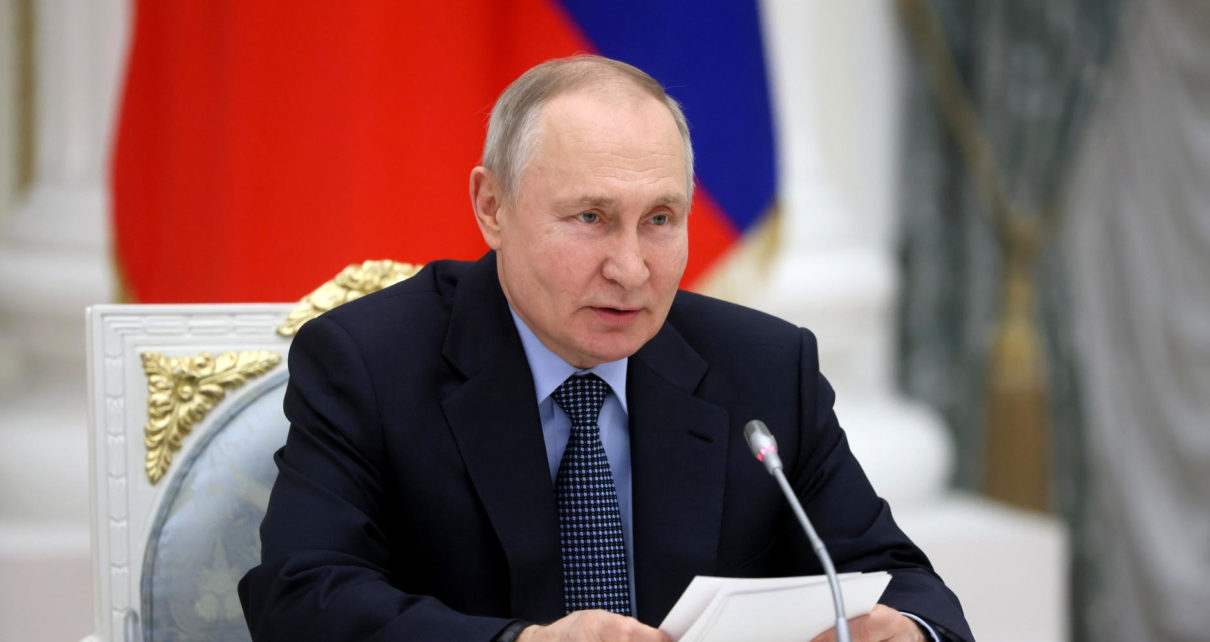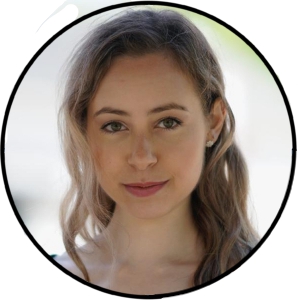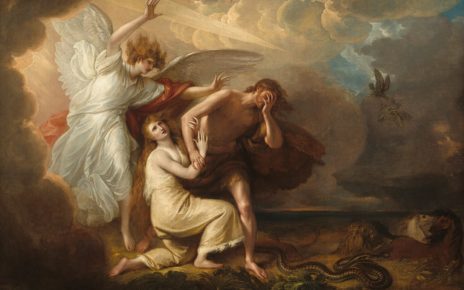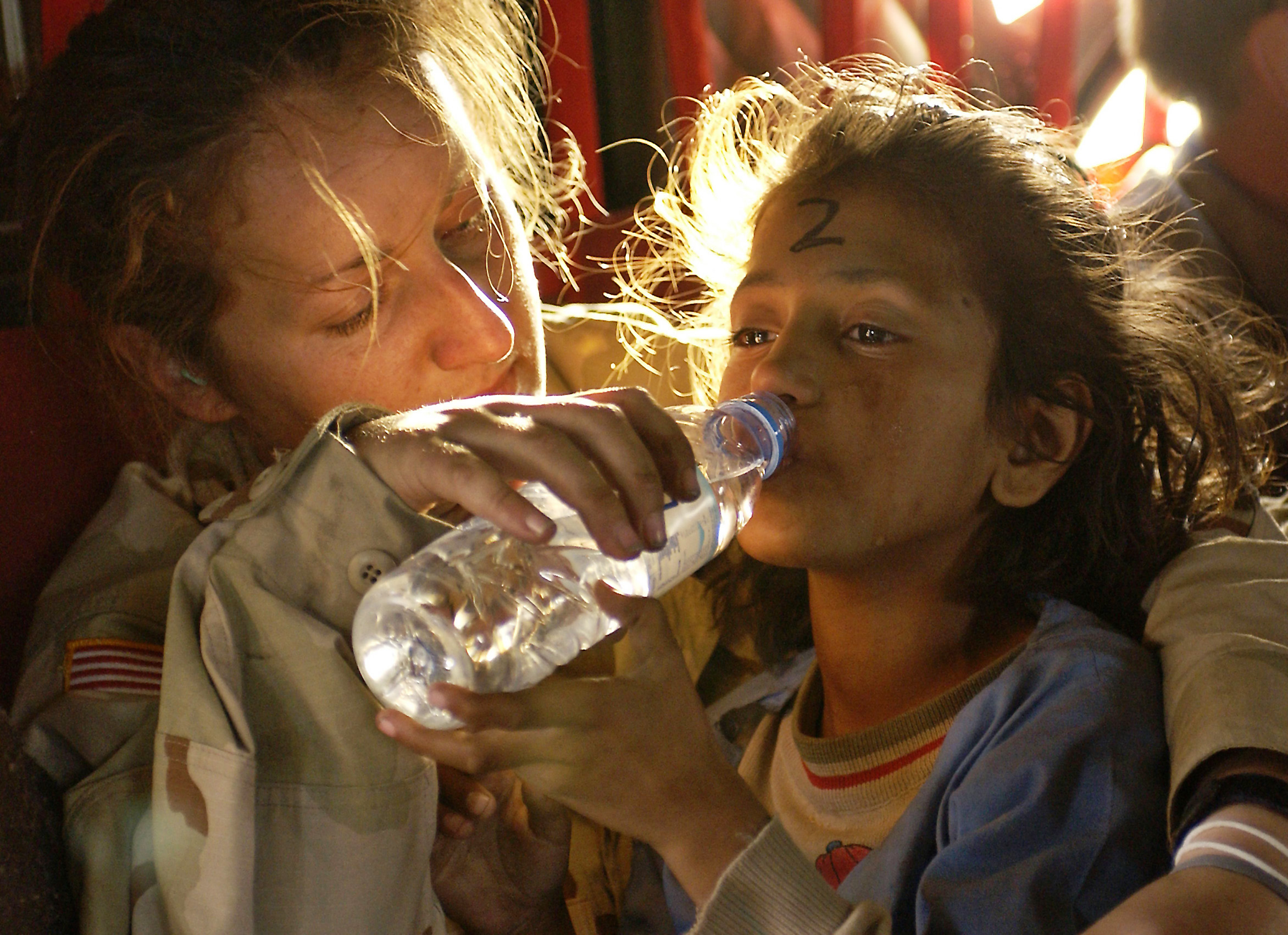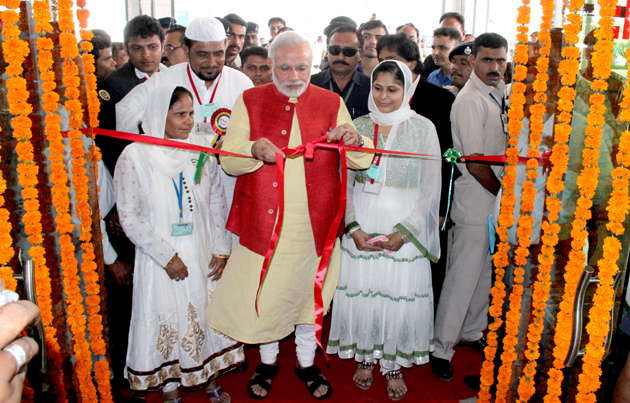A fifth term secured in power. Another six years claimed as the country’s head of state. On track to becoming the Kremlin’s longest serving leader since Soviet dictator Joseph Stalin.
Welcome to the world of Mr. Vladimir Putin.
Last month, Russia held its eighth presidential election, although it was predetermined who would emerge victorious. Yet, for the sake of upholding a show of democracy, the government provided Russians with the opportunity to cast their ballots for one of four candidates. Unsurprisingly, incumbent President Putin claimed triumph with a staggering 87% of the vote.
Allegations of electoral fraud quickly began to emerge, followed by the Kremlin’s assertion the results were legitimate. But despite Western critiques and increasing evidence indicating this was not a fair and free election, Putin was nevertheless inaugurated as President.
Why should those of us outside of Russia pay particular attention to the country’s election results? This article sheds light on three pressing realities amplified by Putin’s re-election with an aim of underscoring its significance for humanity at large.
Authoritarianism is strengthening.
Since Putin’s early claim to power, a fervent obsession with history has been fueling the leader’s socio-political aims. In 2005, he infamously declared the collapse of the Soviet Union as “the greatest geopolitical catastrophe of the century,” and has on multiple occasions rejected the idea of a sovereign Ukraine.
In his 2021 essay, the leader identified Ukrainians and Russians as “one people,” and for years has used the term “Novorossiya” or New Russia when referring to various regions of Ukraine. Ultimately, Putin’s desire to unify “historically Russian lands” was demonstrated when he launched a full-scale invasion on Ukraine in February of 2022.
Last month’s election victory provided Putin with more momentum to assert his power in pursuit of his long-term game. His attacks have further escalated, demonstrated by Russia’s recent bombardment on Ukraine’s energy sector which left many residents without electricity, water or heat.
Zelenskyy articulated the severity of this callous attack best when he said, “[Russia is] war-sick and will not stop themselves.” In today’s world, Russia is Putin. And Putin is only freshly emboldened to prove that Russia is a force to be reckoned with.
What the international community now faces is a rogue, unpredictable and negligent actor provided with more room to maneuver—increasing vulnerability to the state of global peace and security.
Democracy is eroding.
Earlier this year, Swedish-based research institute, V-Dem Institute, released its annual democracy report. Titled “Democracy Winning and Losing at the Ballot,” it revealed a dominant wave of autocratization to be prevailing worldwide. In line with this trend, data showed levels of democracy enjoyed by the average person to be down to those recorded during 1985, a pivotal year which marked the start of the end of the Cold War.
Moreover, worsening across 35 countries, freedom of expression was flagged as democracy’s most deteriorating aspect, followed by clean elections which took second place.
Putin’s victory at the ballot only serves to exemplify these findings. He faced no real competition within Russia after taking care of opposition figures who posed a threat to his leadership, and statistical analysis revealed that falsified votes were cast in his favour. In the case of Russia, this election was evidently anything but democratic.
What is more concerning is the message this sends to other electoral autocracies. V-Dem Institute’s report found that of the 60 countries holding elections in 2024, 31 of them were already declining in levels of democracy. Putin’s triumph in a sham election only sets a poor precedent that this democratic principle can be exploited without repercussions, placing the future of democracy on shaky footing.
The risk of nuclear armageddon is heightening.
As of 2024, Russia continues to take the global lead as the country with the largest nuclear arsenal. With an estimated stockpile of 5,580 warheads, Putin did not hesitate when he recently revealed Russia is “of course, ready” for nuclear war.
While this warning was most likely another one of Putin’s attempts at signaling dominance and instilling fear across the West, the fact of the matter remains that so long as nuclear weapons are present, the prospect of nuclear war lies within the realm of possibility.
And according to Putin, these weapons exist to be used.
The path forward.
An undemocratic, power-driven, authoritarian leader in possession of a large nuclear arsenal occupying a dominant position on the world stage. These are the conditions that Putin’s election victory has cultivated.
While this scenario is far off from the liberal world order sought out after the Second World War, there is still an opportunity to regain control of Putin’s narrative if collective action is pursued.
The international community must join forces to make it clear the leader can no longer get away with his iniquities. In addition to condemning his illegal invasion of Ukraine and imposing sanctions against Russia, countries must be bold and publicly recognize Putin’s presidency as illegitimate. As the saying goes, there is strength in numbers, and an internationally-supported declaration would apply pressure on Putin, increasing the likelihood of a near future where he is removed from power.
As this article has outlined, Russia’s election results represent far more than another political term for Putin. Rather, they reveal greater implications as it concerns the future of society, peace and security. However, humanity does not have to continue down this current trajectory of global fragility.
Alternative futures are possible—and it is within our power to make them manifest.
Photo: President of Russia Vladimir Putin at a meeting with representatives of the aviation industry. (2023), by the Presidential Executive Office of Russia via http://kremlin.ru/events/president/news/70484/photos/70289. Licensed under CC Attribution 4.0 license.
Disclaimer: Any views or opinions expressed in articles are solely those of the author and do not necessarily represent the views of the NATO Association of Canada.

